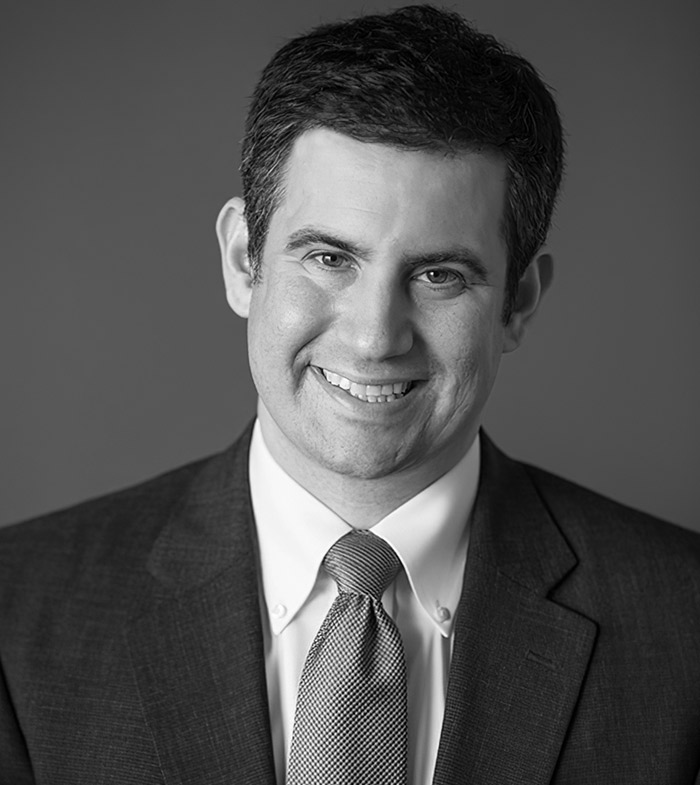Significant developments in noncompete and unfair competition law are happening in several states, including Georgia, and at the federal level. Today, we bring you five important unfair competition and noncompete updates, including our thoughts on how these developments may impact your business.
Noncompete Updates (Summer 2021):
#1 Employers can protect against employees being poached by including nonrecruitment provisions in restrictive covenant agreements with employees and contractors.
Many employers’ greatest fear is that a valued employee will start a competitor or begin working for a competitor and recruit colleagues to join. Employers can protect against employees being poached by including nonrecruitment provisions in restrictive covenant agreements with employees and contractors. This type of covenant has historically been liberally enforced in Georgia.
However, in a recent decision, Judge Walter Davis of Georgia’s new State-wide Business Court struck down an employee nonrecruitment covenant. Among other flaws, he found that Georgia’s restrictive covenant statute requires nonrecruitment covenants to be reasonable in their geographic reach, like noncompetes, and that the covenant at issue was invalid because it lacked a reasonable territory.
What does this mean for your business?
Judge Davis’ decision is not binding on other trial courts in Georgia. Nevertheless, employers should review their restrictive covenant agreements and consider whether to add a territorial limitation to their nonrecruitment covenants.
#2 Courts are now grappling with questions about noncompetes and furloughed employees.
Many companies furloughed employees during the COVID-19 pandemic and brought them back to work when business conditions improved. These employees may have signed restrictive covenant agreements when they first joined the organization but were not asked to sign a new agreement when they came back to work.
A restrictive covenant typically runs for a set period of time after one’s employment ends. Suppose an employee who signed a one-year noncompete was furloughed in April 2020, was brought back to work in June 2020, and then resigned in May 2021. Does the employee’s one-year noncompete agreement begin to run in May 2021, or did it start running in April 2020 and has expired? Courts are now grappling with this question for furloughed employees and have reached mixed results.
What does this mean for your business?
Whether an employee’s restrictive covenant began to run when she was furloughed is fact-specific and depends on the wording of the agreement. Companies that furloughed and then brought employees back to work should consider having those employees sign new agreements to eliminate any potential argument that the restrictive covenants have expired. Otherwise, an employer might be left without a remedy if the employee’s noncompete is found to have already expired.
#3 A recent Supreme Court decision will likely limit employers’ remedies when a departing employee takes information using a computer.
Very often, if an employee takes sensitive company information, he does so using a computer, e-mail account, thumb drive or some other electronic device.
While such conduct may give the employer claims under restrictive covenant agreements or trade secret statutes, there are also several computer misconduct statutes that provide for civil remedies and that employers have frequently utilized in unfair competition cases. One such statute is the federal Computer Fraud and Abuse Act (CFAA).
However, in a recent opinion, the Supreme Court of the United States significantly limited the reach of the CFAA. That decision will limit employers’ ability to assert a claim under the CFAA when a departing employee takes information using a computer.
What does this mean for your business?
Companies should remain careful and prudent with their information protection policies. Employees should not be given access to proprietary information beyond what they may need to perform their job duties.If an employee accesses information that she is not authorized to access, the employer may still have a claim under the CFAA. Employers should also ensure their computer and e-mail use policies are updated to address access and use limitations. Even if the Supreme Court’s decision limits the CFAA as a remedy, equivalent state computer statutes, like the Georgia Computer Systems Protection Act, may still provide a viable remedy when an employee engages in computer misconduct.
#4 Proposed federal legislation would significantly limit the use of noncompetes, particularly for low-wage workers.
Bipartisan restrictive covenant legislation has again been introduced in the U.S. Senate. The proposed federal legislation would significantly limit the use of noncompetes, particularly for low-wage workers. Efforts to reform and curb the use of noncompetes have been gaining momentum for a number of years. Indeed, President Biden indicated in his presidential platform that he supports the policy goal of reducing overuse and abuse of noncompetes.
What does this mean for your business?
The likelihood of Congress passing legislation to reform and curb the use of noncompetes is unknown at this time. If legislation does pass, it may limit employers’ ability to prevent unfair competition with respect to certain workers. While employers may not be able to use noncompetes, they can still protect themselves against employees who take sensitive company information through federal and state trade secret statutes and by using nondisclosure agreements.Employers should audit their nondisclosure agreements and ensure they have agreements with all employees who have access to and handle confidential information. Employers should also review their trade secret protection plans, given that trade secret law could become a primary remedy by which an employer can protect itself from unfair competition by certain workers, if federal noncompete legislation is passed. Click here for three tips that can allow every employer to protect their business using the Defend Trade Secrets Act.
#5 State legislation to limit the use of noncompetes also gains momentum.
As noted above, there has been significant momentum toward restricting the use of noncompetes. Many states have passed or are considering noncompete reform. The following is a sampling of key recent developments nationally:
- Washington D.C. recently passed a broad ban on the use of noncompetes.
- Oregon decreased the maximum permissible duration of a noncompete from eighteen months to twelve months.
- Illinois banned the use of noncompetes for anyone earning less than $75,000 and banned the use of nonsolicits for anyone earning less than $45,000.
- Nevada has banned noncompetes for hourly employees.
What does this mean for your business?
If your company has employees that work in states or jurisdictions that have imposed limits on the use of noncompetes, your company should review its restrictive covenant agreements to ensure they are compliant with local law. Given the ongoing changes to the noncompete legal landscape in various jurisdictions, employers should also evaluate what alternative protective measures they have in place to protect themselves from unfair competition by employees who can no longer be subject to noncompetes.
With federal and state laws constantly evolving, we will continue to provide you with unfair competition and noncompete updates. In the meantime, please contact us if you have questions about how these changes impact your business or to review or discuss your noncompete, trade secret or unfair competition needs.
Neal Weinrich knows noncompetes and trade secrets inside and out. A shareholder at Berman Fink Van Horn, Neal counsels clients in all industries on matters involving restrictive covenants, trade secrets and other competition-related issues.

